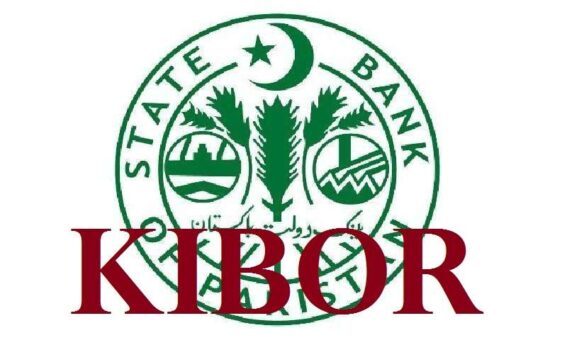KARACHI: State Bank of Pakistan (SBP) on Tuesday issued the Karachi Interbank Offered Rates (KIBOR) as on February 07, 2023.
Following are the latest KIBOR rates:
| Tenor | Bid | Offer |
| 1 – Week | 16.83 | 17.33 |
| 2 – Week | 16.90 | 17.40 |
| 1 – Month | 16.97 | 17.47 |
| 3 – Month | 17.67 | 17.92 |
| 6 – Month | 17.77 | 18.02 |
| 9 – Month | 17.81 | 18.31 |
| 1 – Year | 17.84 | 18.34 |
READ MORE: Karachi Interbank Offered Rates KIBOR – February 06, 2023
